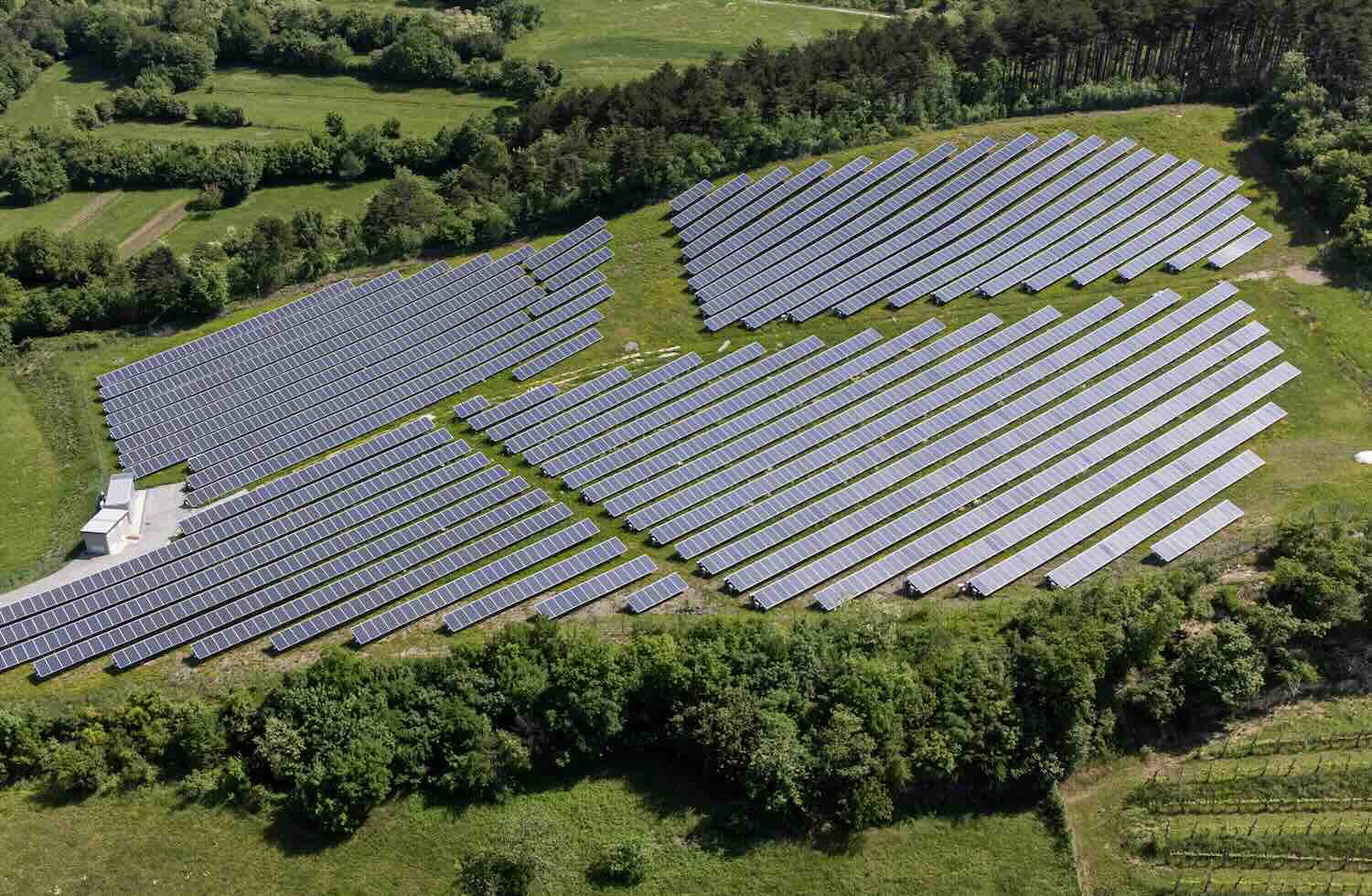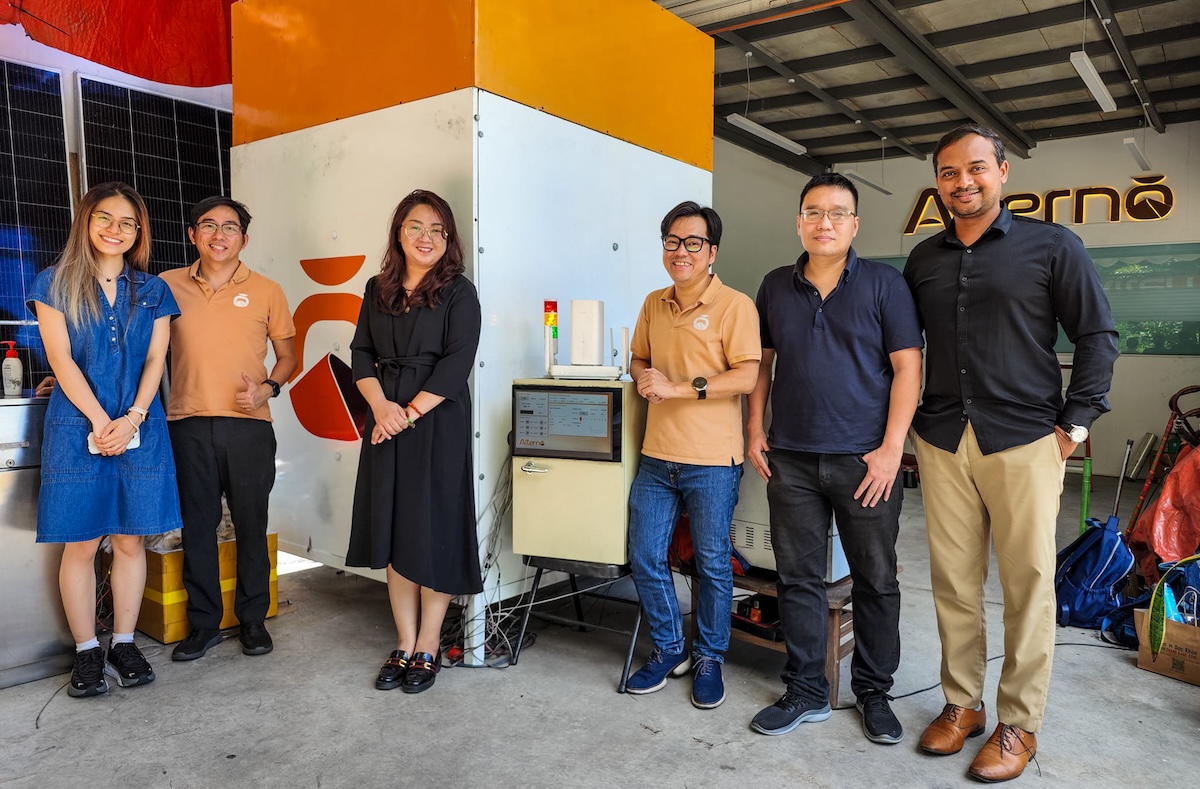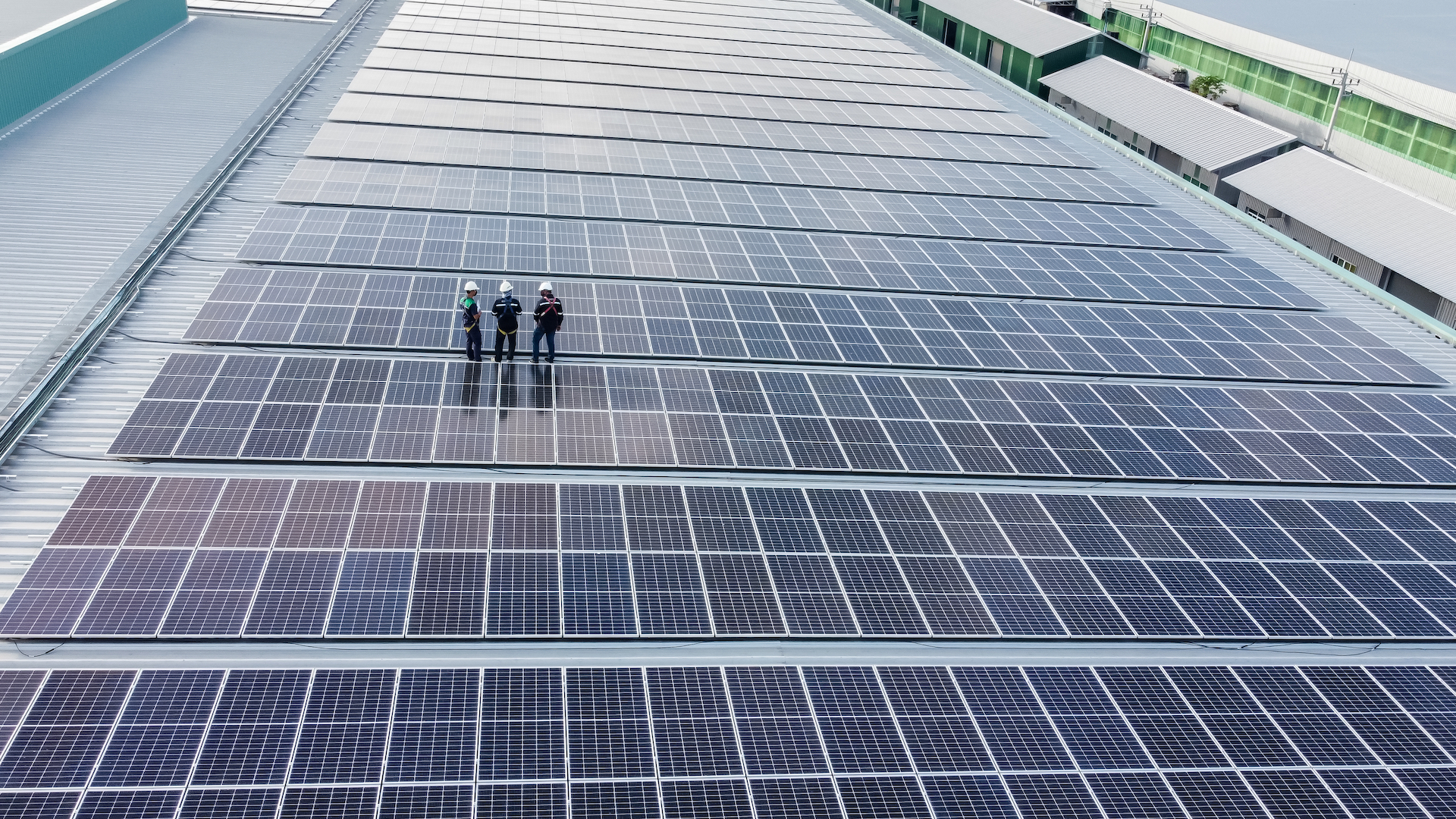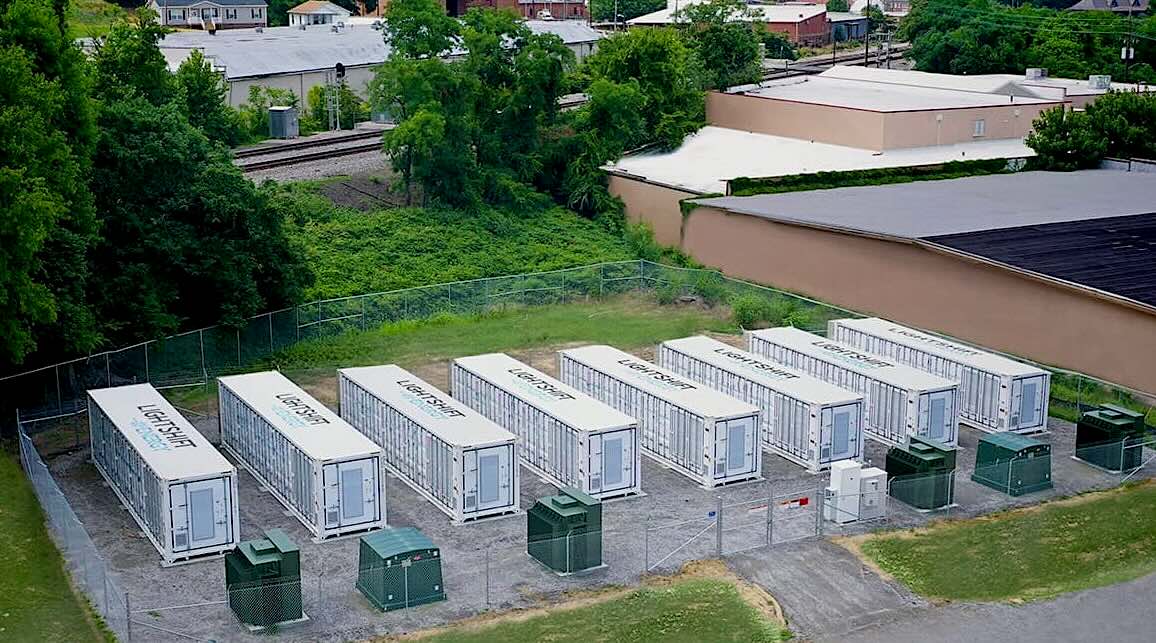ImpactAlpha, May 18 – Real estate companies seeking to reduce their carbon footprints largely focus on operational carbon—how much a building emits once it’s up and running. But the materials used in construction itself account for 11% of total global greenhouse gas emissions.
That so-called “embodied carbon” is a huge part of real estate developers’ overall carbon footprint.
“The vast majority of real estate firms’ Scope 3 emissions come from embodied carbon,” said Anneli Tostar of construction tech startup Tangible.
Tangible helps real estate firms estimate an individual project’s or an entire portfolio’s embodied carbon footprints, and to identify lower-carbon building materials.
The women-led startup has raised a $3 million seed round from “construction tech” investor Foundamental, Fifty Years and others.
External pressure
A growing number of jurisdictions are requiring real estate firms to reduce embodied carbon. The city of Toronto this month passed new building standards that will require all city-owned projects to account for embodied carbon as part of the city’s goal to become net zero by 2040. Last year, California passed legislation to help the state achieve 40% emissions reduction from building materials by 2035.
Another pressure point: investors.
“Institutional investors are requiring decarbonization from their real estate asset managers,” Tostar told ImpactAlpha. “That’s what’s really starting to move the needle.”
Tostar co-founded Tangible, with Nicole Granath, in 2021 after the two individually noticed embodied carbon as a growing issue in real estate. Tostar had worked in real estate sustainability consulting and Granath in building materials sustainability.
The founders aim to increase transparency with a knowledge and materials-sourcing hub for real estate firms.











